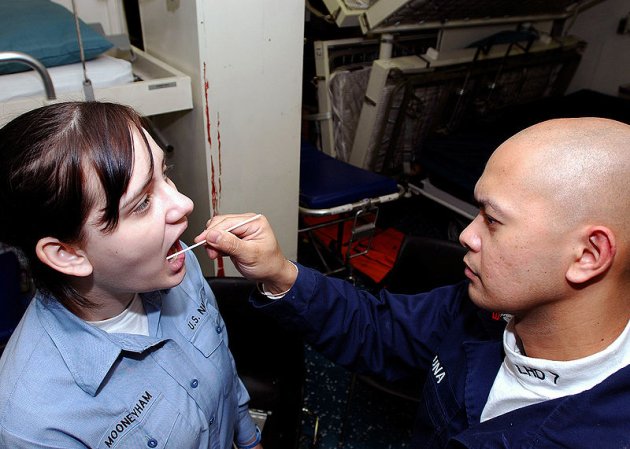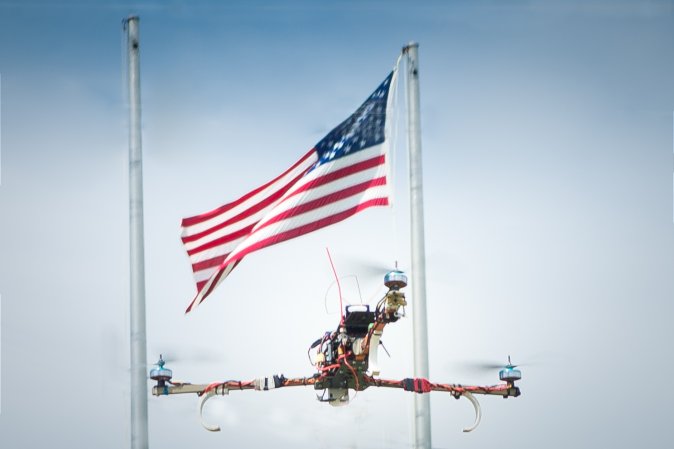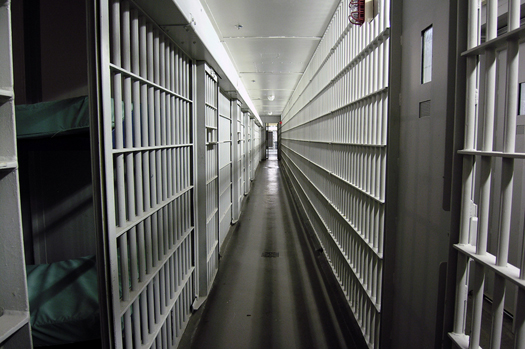

The U.S. Supreme Court is hearing a case today about whether police may sample the DNA of people who have been arrested, but haven’t been convicted of a crime.
Advocates for DNA testing say that it helps solve cold cases and that it’s not much different from fingerprinting and many other procedures imposed upon people who are, after all, presumed innocent—even after they’ve been arrested, but haven’t undergone trial.
Opponents call the DNA testing an invasion of privacy and a violation of the Fourth Amendment, which forbids unreasonable searches.
The Supreme Court will hear arguments from both sides at 10 AM Eastern today. Interested in following along? The SCOTUSblog will liveblog the event.
The case that sparked the debate is fascinating. (We used Associated Press and NPR coverage for the following summary. Both offer great background, if you want to read more.)
Ten years ago, a man broke into the home of a 53-year-old woman in Salisbury, Md., and robbed her and raped her while holding a gun to her head. Police never solved the case, at least not until 2009, when some Maryland police officers arrested Alonzo King on felony assault charges. Following state law, the police swabbed the inside of King’s cheek for DNA and submitted the swab to a federal database. That’s when they found a match to the 2003 rape case.
King was convicted and was supposed to serve life in prison for the crime. But then the Maryland Court of Appeals threw out the sentence. King pleaded guilty to misdemeanor, not felony, assault, and Maryland law says police may take DNA samples only in cases of felonies. The Maryland court said performing a DNA test on King based only on his arrest counted as a “warrantless, suspicionless search.”
The case now at the Supreme Court is Maryland v. King. The court is expected to make a decision before the summer, the AP reported.







